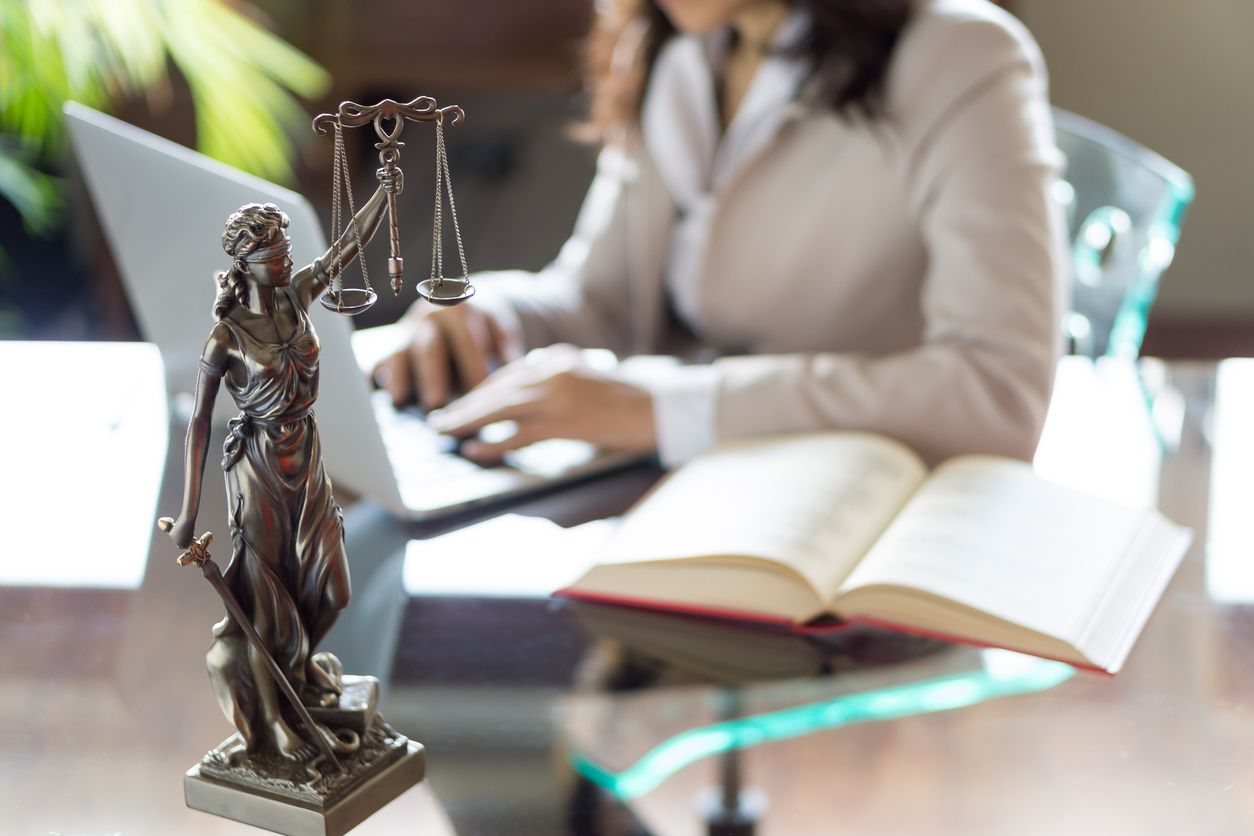Introduction
In today's fast-paced world, resolving conflicts efficiently and amicably has become increasingly crucial. Mediation serves as an effective dispute resolution process that allows parties to settle their differences without resorting to litigation. This article delves deep into what happens during a mediation session, offering valuable insights from local attorneys who specialize in this field. By understanding the nuances of mediation, individuals can better prepare for their sessions, ensuring a smoother and more productive experience.
What is Mediation?
Mediation is a voluntary, structured negotiation process facilitated by an impartial third party known as the mediator. Unlike judges or arbitrators, mediators do not impose solutions; rather, they help disputing parties communicate effectively and explore mutually acceptable resolutions.
What Happens During a Mediation Session? Insights from Local Attorneys!
The Role of the Mediator
Mediators play a vital role in the process. They guide discussions, encourage open communication, and help identify underlying interests beyond mere positions. Their neutrality fosters an environment where both parties feel safe to express their concerns.
Types of Mediators
Facilitative Mediators: Focus on guiding discussions without suggesting solutions. Evaluative Mediators: Provide opinions on the strengths and weaknesses of each side’s case. Transformative Mediators: Aim to improve relationships between parties through dialogue.Preparing for Mediation
Preparation is key to successful mediation. Here are some steps local attorneys recommend:
Gather Relevant Documents: Compile any necessary paperwork that may support your position. Define Objectives: Clearly outline what you hope to achieve during the session. Consider Interests vs. Positions: Understand your underlying interests to negotiate effectively.Initial Stages of Mediation
Mediation sessions typically commence with an introduction where the mediator outlines the ground rules and objectives.
Opening Statements
Each party is given a chance to present their perspective without interruption, allowing them to articulate their concerns fully.
Establishing Ground Rules
The mediator sets guidelines for respectful communication and confidentiality, ensuring that all parties understand the framework within which discussions will occur.


Identifying Core Issues
A critical aspect of mediation is pinpointing the core issues at stake.
Active Listening Techniques
Mediators often employ active listening techniques to ensure that each party feels heard and understood.
Generating Options for Resolution
Once core issues are identified, parties brainstorm potential solutions collaboratively.
Creative Solutions
The goal here is not only to address immediate concerns but also to consider innovative options that might satisfy both parties' interests.
Negotiating Terms of Agreement
As potential solutions emerge, detailed negotiations ensue around terms and conditions.
Drafting Agreements
If consensus is reached, the mediator helps draft an agreement outlining responsibilities and commitments.
Closing Remarks and Next Steps
At the end of the session, mediators summarize key takeaways and outline next steps for implementation or follow-up meetings if necessary.
Confidentiality in Mediation Sessions
One hallmark of mediation is confidentiality. Understanding its significance can bolster trust throughout the process.
Legal Protections for Confidentiality
Local attorneys emphasize that anything discussed during mediation cannot be used in subsequent legal proceedings should negotiations fail.
Common Challenges in Mediation Sessions
While mediation can be an effective tool for conflict resolution, several common challenges may arise:
Unequal Power Dynamics Emotional Barriers MiscommunicationHow Local Attorneys Prepare Clients for Mediation?
Local attorneys play a pivotal role in guiding clients through preparation for mediation sessions.
Client Education on Mediation Process
Educating clients about what happens during a mediation session empowers them with confidence going into negotiations.
Mock Sessions
Conducting mock sessions can help clients practice their negotiation skills in a controlled environment.
The Importance of Follow-Up After Mediation Sessions
Post-mediation follow-ups are essential for maintaining momentum toward resolution.
Implementation of Agreements
Attorneys often assist clients in implementing agreed-upon terms effectively after mediation concludes.
FAQs
1. What types of disputes can be resolved through mediation?
Mediation can effectively resolve various disputes, including family law issues (like divorce), business conflicts, workplace disagreements, and community disputes among others.
2. Is participation in mediation mandatory?
Participation in mediation is generally voluntary unless mandated by court order or stipulated by contract terms requiring mediation prior auto accident attorney near me to litigation.
3. How long does a typical mediation session last?
The duration varies based on complexity but usually lasts between two hours to an entire day; multiple sessions may be required for more intricate matters.
4. Can I have my attorney present during mediation?
Yes! Many individuals choose to have their attorney present during sessions for guidance and support while still allowing freedom in negotiations.
5. What if we don’t reach an agreement during mediation?
If no agreement is reached, parties retain their right to pursue litigation or other forms of dispute resolution afterward as nothing discussed is binding unless formalized into an agreement.
6. How much does it cost to mediate?
Costs vary widely based on location, mediator experience level, and complexity but are often significantly lower than traditional litigation expenses over time.
Conclusion
Understanding what happens during a mediation session equips individuals with vital knowledge essential for navigating disputes efficiently while minimizing stress associated with conflict resolution processes like litigation. Insights from local attorneys reveal that preparation leads participants toward more productive dialogues where creative solutions flourish amidst collaborative efforts towards mutual satisfaction—making everyone involved come out ahead!
Whether you're facing family disputes or business disagreements—or simply want clarity on how best to approach future negotiations—this comprehensive guide encourages you not just to participate but thrive within the realm of alternative dispute resolution!